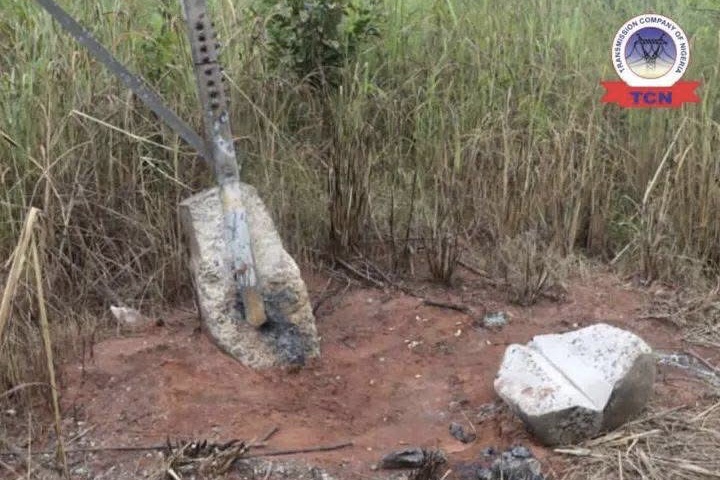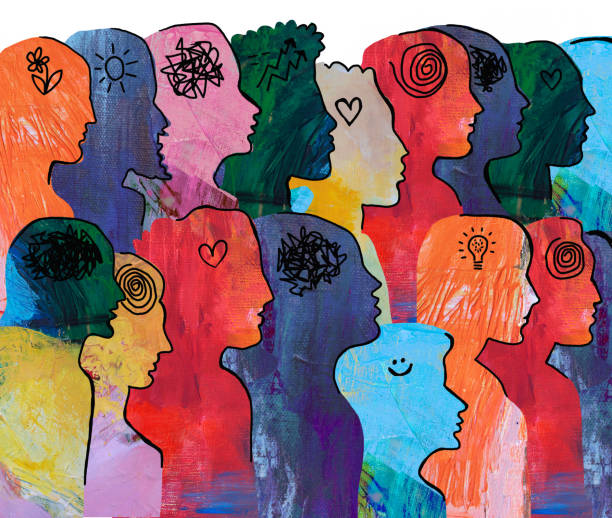In Mozambique, the heat of last October’s election is still burning — and it’s burning through politics, public trust, and even peace deals.
Venancio Mondlane, a popular opposition leader and vocal critic of the ruling party, has just been slapped with five serious charges, including instigating terrorism. The charges come after months of violent protests sparked by claims that the October 9, 2024 presidential election — which returned President Daniel Chapo to power — was rigged.
Mondlane says the accusations are nonsense. “This is pure politics,” he told reporters. “They want to silence the voice of the people. But we will not be afraid.”
He insists that the government is now backtracking on the peace deal signed in March — a deal that was supposed to calm the tension, not fuel more of it. That peace agreement, which followed a deadly wave of unrest, was meant to help Mozambique turn a corner. Instead, it feels like the country is walking in circles.
A Deadly Toll
The cost of this crisis has been painfully high. At least 400 people have lost their lives since the protests erupted, many of them young demonstrators who flooded the streets demanding change. Families are grieving. Neighbourhoods are tense. And the country is still waiting for answers.
In a surprising turn, 31 police officers are also facing trial — accused of using excessive force during the crackdown. For many Mozambicans, this is a rare moment of accountability in a nation where state violence has often gone unpunished.
But for others, it’s too little, too late.
“The police were beating people like they were chasing goats,” said one local vendor in Maputo, shaking her head. “Now they want to pretend they’re fixing things? Abeg.”
Political Games or Real Justice?
The charges against Mondlane have sharply divided opinion. His supporters see him as a victim of political persecution — a man who dared to speak out and is now paying the price. His critics, mostly loyalists of the ruling FRELIMO party, say he went too far by encouraging civil unrest.
The government insists it’s simply upholding the law. But human rights groups are not convinced.
“This move looks less like justice and more like revenge,” said one Amnesty International researcher. “If the government wants to prove it’s committed to peace and democracy, then it must ensure fair trials, protect protest rights, and stop criminalising dissent.”
The Bigger Picture
Mozambique has been struggling with multiple crises — from violent extremism in the north to economic hardship and corruption. The last thing the country needs is another political blowout.
Yet here we are, with the streets still restless, the courtrooms busy, and a once-hopeful peace deal now hanging by a thread.
For ordinary Mozambicans, it’s not just about Mondlane or Chapo. It’s about trust — and whether their leaders can be believed. Many are tired of the same old cycle: election, protest, crackdown, repeat.
“Even if you vote,” says a university student in Beira, “they already know who will win. So what’s the point?”
It’s a hard question — one many in Mozambique are now asking, out loud.
Whether this moment becomes a turning point or another missed opportunity depends on what comes next: justice or vengeance, dialogue or suppression.
One thing is clear: the fight for Mozambique’s future is far from over.



